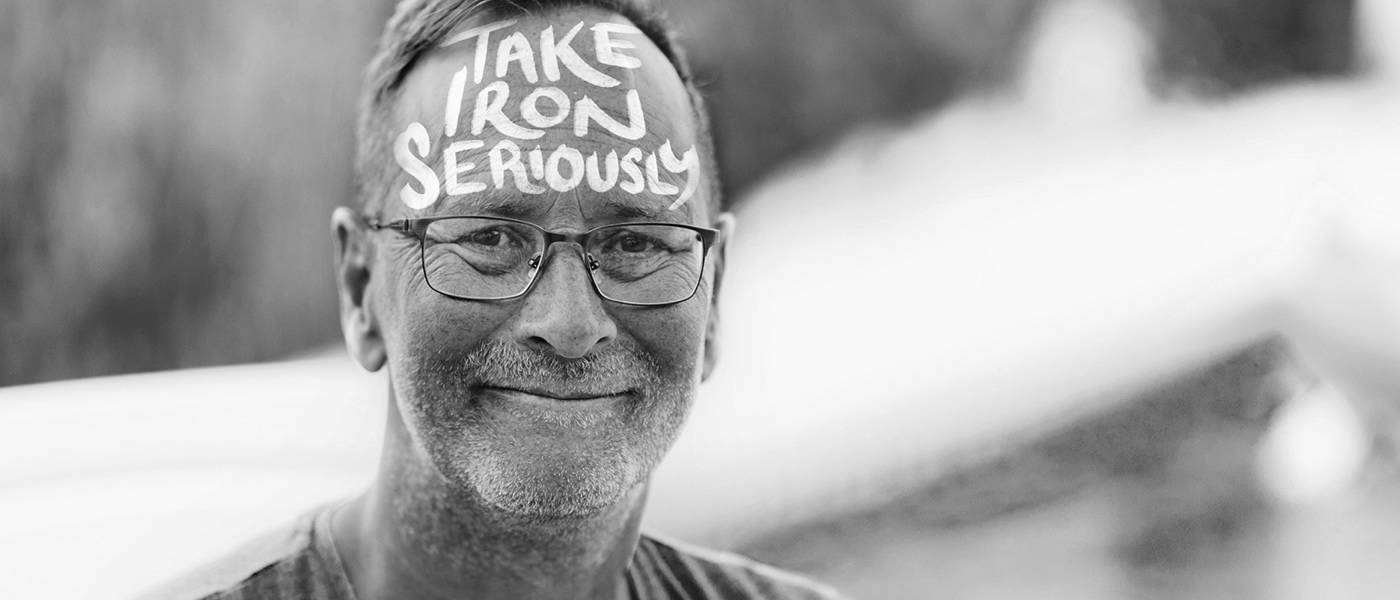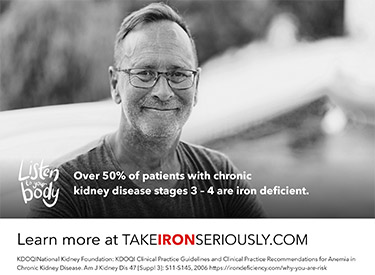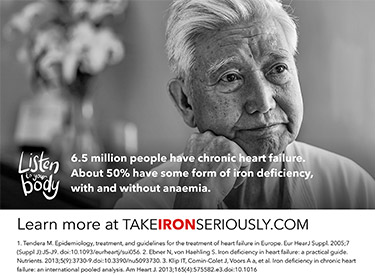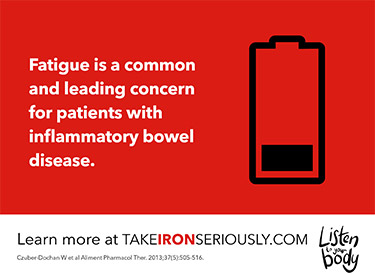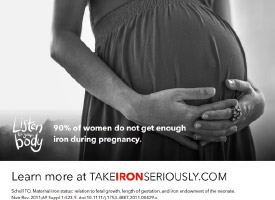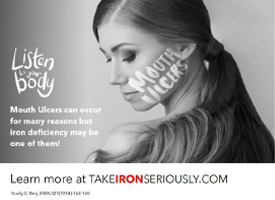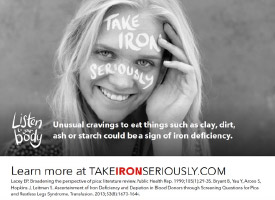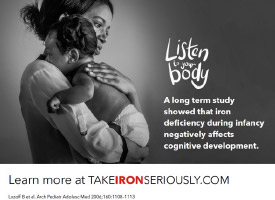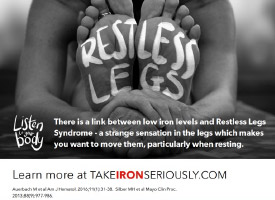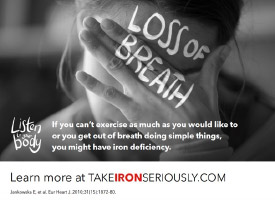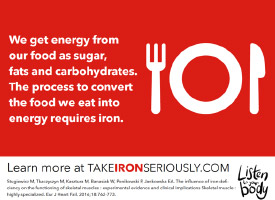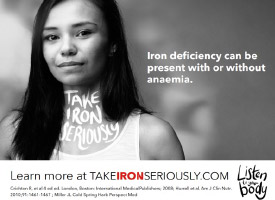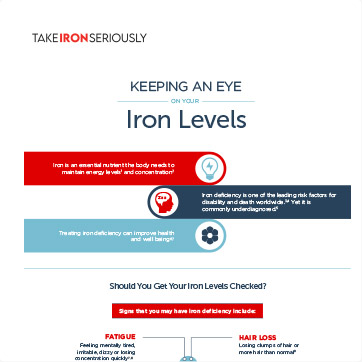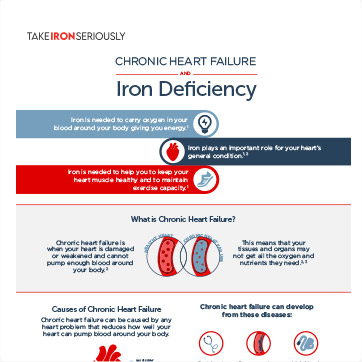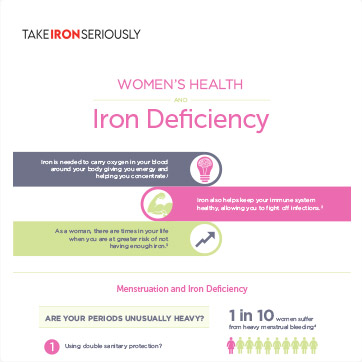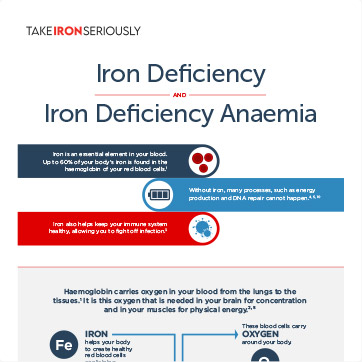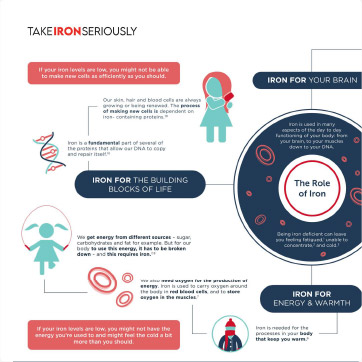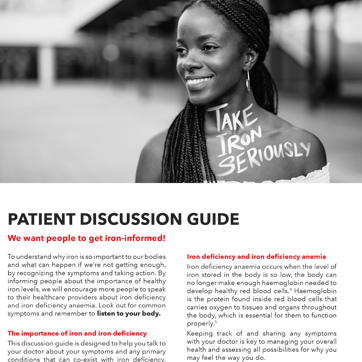Iron deficiency glossary
Explore our list of the key terms and phrases you need to know about iron deficiency and awareness.
Iron deficiency develops when the body’s supply of the essential mineral can’t keep up with demand. This can be caused by a lack of iron-rich foods in your diet, with vegetarians at particular risk. Women can also lose iron through blood loss during periods.
Iron deficiency anemia develops when the body’s iron bank is severely depleted. An inability to absorb iron – iron homeostasis – can also be a factor here, for example in the case of inflammatory bowel disease.
Fatigue goes way beyond everyday tiredness. Physical exhaustion, mental tiredness, and a lack of energy1 are signs of fatigue. Fatigue is:
- Associated with adverse effects on quality of life.
- Common in patients with long-term conditions such as chronic heart failure and rheumatoid arthritis (to name a few)1,2,3,4,5.
- An important healthcare issue with social, physiological, and psychological aspects6.
Iron-rich diet advice and how to make food choices for iron supply
If you are feeling extremely tired or have any of the other symptoms of iron deficiency, your diet may not contain enough iron. Eating more iron-rich foods is a simple way to boost your iron levels and reduce fatigue.
And of course, your body’s iron needs change throughout life. Vegans and vegetarians could be at greater risk of iron deficiency, so should be aware of their diet. Plant-based foods provide non-haem iron, a less absorbable form of the mineral compared to that available in animal sources.
If you are pregnant, check with your doctor or midwife before introducing foods such as liver7 or certain types of fish,8 which should be avoided during pregnancy.
Strong iron food choices
| Iron Sources (Animal-Based) | Iron Sources (Plant-Based) |
|---|---|
| Oysters | Soy products |
| Clams | Lentils |
| Red meat e.g. Beef | Beans |
| Liver | Tofu |
| Turkey or chicken giblets | Spinach |
| Fish | Molasses |
| Whole-wheat bread | |
| Peas | |
| Dried fruit (e.g. dried apricots, prunes and raisins) | |
| Lentils | |
| Iron-enriched cereals and grains |
| Foods that help Iron Absorption | Foods that inhibit Iron Absorption |
|---|---|
| Meat/ sources of haem iron | Tea and herbal infusions |
| Vitamin C e.g. citrus fruits | Coffee |
| Red meat e.g. Beef | Milk |
| Liver | Dairy products |
Iron deficiency FAQs
Explore all the commonly asked questions and answers about iron deficiency, diagnosis, treatment, and management.
Iron deficiency can affect all parts of your life, from mental and physical health to work productivity and even sexual function. According to The World Health Organization iron deficiency can lead to a reduction of 30% in physical work output9,10,11. Iron is vital for red blood cell production and the key systems that make your body work properly. Its role includes:
- Fighting off infections and illness10
- The effective function of the brain, heart, and skeletal muscles
- Energy level maintenance10
- Take a look at our Role of Iron infographic for a more in-depth overview.
There are several key causes of iron deficiency:
- Blood loss – Menstruating women need almost double the amount of iron compared to men12.
- Growth – Iron acts as a building block and in developmental phases, such as pregnancy, infancy (in children less than five years of age) and adolescence13, the body’s natural supply may dwindle.
- A diet lacking in iron sources – Vegetarians and vegans may be susceptible because of their non-intake of haem iron, found in red meat. Iron can be found in both animal products and plant foods, but iron from animal products is better absorbed by the body.
- Inflammation – The amount of iron absorbed by the gut can be hampered by inflammation caused by IBD, CHF or CKD15. In addition, some medications used in the treatment of CHF or CKD can lead to blood loss, and both an absorption reduction and an increased demand for iron15.
Iron deficiency is very common, present in one-third of people globally16. Those at the highest risk include:
- Pregnant/premenopausal women17
- Children under five17
- Sufferers of chronic heart failure, chronic kidney disease and inflammatory bowel disease15
Iron deficiency is the main cause of anemia11. When iron levels in the body are depleted, the body is unable to make enough haemoglobin – found in healthy red blood cells18 – which transports oxygen to tissues and organs. This affects the proper function of the body19 and is particularly problematic for those with long-term or chronic health issues.
Despite being very common, iron deficiency is still an under-recognized condition20,21. Signs that you are iron deficient can include:
- Fatigue
- Dizziness
- Shortness of breath
Our Symptom Checker can help you find out more.
Your healthcare professional will ask about any symptoms you have been feeling. If they think you may have iron deficiency, they will arrange for a blood test to check the red blood cells and iron levels in your body10. This is a simple procedure that requires a small sample of blood, usually from the arm.
Read our doctor appointment checklist for advice on how to talk to your doctor about what you are experiencing.
Symptom checker
Don’t ignore or confuse the warning signs of iron deficiency. Take our quick and easy test to pinpoint any symptoms of iron deficiency.
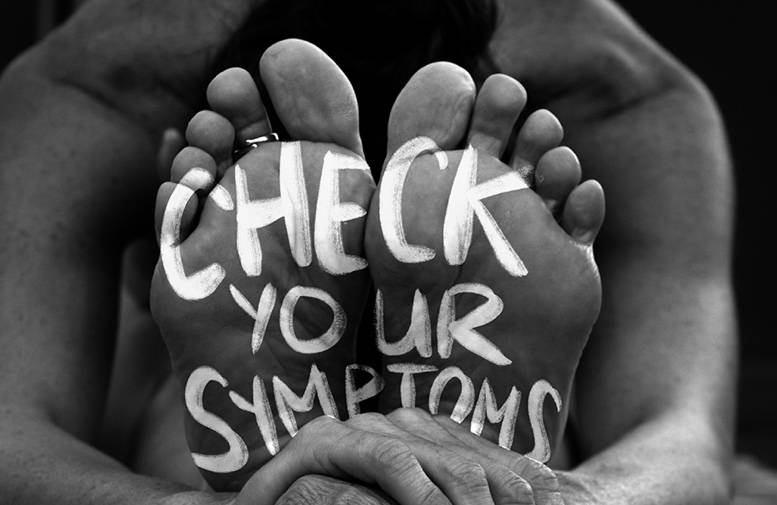

Talk to a doctor
Are you experiencing symptoms of iron deficiency. Are you are worried you may have low iron levels? Get guidance on what to ask your doctor for a checkup or treatment.
- Radbruch L, Sabatowski R, Elsner F et al. Validation of the German version of the brief fatigue inventory. J Pain Symptom Manage 2003;25:449–458.
- Lewis G, Wessely S. The epidemiology of fatigue: more questions than answers. J Epidemiol Community Health 1992;46:92–97.
- Bergner M, Bobbitt R, Carter W et al. The Sickness Impact Profile: development and final revision of a health status measure. Med Care 1981;19:787–805.
- Bowers S, Cannizzaro K, Gregus J et al. Outcomes in cardiopulmonary physical therapy: sickness impact profile. Cardiopulm Phys Ther J 2009;20:–19.
- Witte KK, Clark AL. Why does chronic heart failure cause breathlessness and fatigue? Prog Cardiovasc Dis 2007;49:366–384.
- Nijrolder I, van der Windt D, de Vries H et al. Diagnoses during follow-up of patients presenting with fatigue in primary care. CMAJ 2009;181:683–687.
- Hartmann S, Brørs O, Bock J, et al. Exposure to retinoic acids in non-pregnant women following high vitamin A intake with a liver meal. Int J Vitam Nutr Res. 2005;75(3):187-94.
- Evans EC. The FDA recommendations on fish intake during pregnancy. J Obstet Gynecol Neonatal Nurs. 2002;31(6):715-20. **
- Beard JL. Iron biology in immune function, muscle metabolism and neuronal functioning. J Nutr. 2001:568-580.
- Auerbach M, Adamson JW. How we diagnose and treat iron deficiency anemia. Am J Hematol. 2016;91(1):31-38.
- World Health Organisation. Iron deficiency anaemia. Assessment, prevention and control: A guide for programme managers. 2001. Available at URL: http://www.who.int/nutrition/publications/en/ida_assessment_prevention_control.pdf Last accessed: June 2018.
- Abbaspour N, et al. Review on iron and its importance for human health. J Res Med Sci. 2014;19(2):164-174.
- Hurrell R, Egli I. Iron bioavailability and dietary reference values. Am J Clin Nutr. 2010;91:1461-1467.
- Hunt JR. Bioavailability of iron, zinc, and other trace minerals from vegetarian diets. Am J Clin Nutr. 2003;78(3).
- Cappellini MD et al. Iron deficiency across chronic inflammatory conditions: International expert opinion on definition, diagnosis, and management. Am J Hematol. 2017 Oct;92(10):1068-1078.
- Peyrin-Biroulet L, et al. Guidelines on the diagnosis and treatment of iron deficiency across indications: a systematic review. Am J Clin Nutr.2015;102(6):1585-94.
- Hercberg S, et al. Iron deficiency in Europe. Public Health Nutr. 2007;4(2b).
- Fernando B, et al. A guide to diagnosis of iron deficiency and iron deficiency anemia in digestive diseases. World J Gastroenterol. 2009 Oct 7; 15(37): 4638-4643.
- Subramaniam G, Girish M. Iron deficiency anemia in children. Indian J Pediatr. 2015 Jun;82(6):558-64. Santos DCC et al. Timing, duration, and severity of iron deficiency in early development and motor outcomes at 9 months. Eur J Clin Nutr. 2018 Mar;72(3):332-341.
- Thachil J. Iron deficiency: still under-diagnosed? Br J Hosp Med. 2015;76(9):528-532.
- Miller JL. Anemia: a common and curable disease. Cold Spring Harb Perspect Med. 2013 Jul; 3(7

